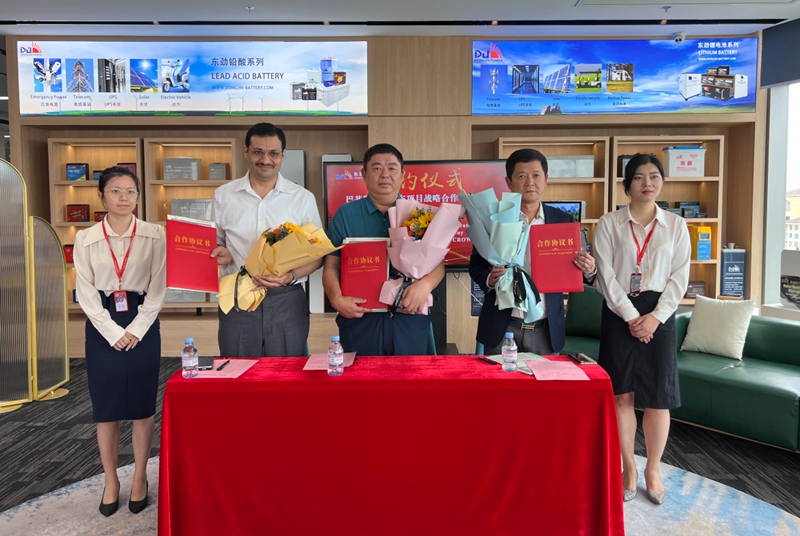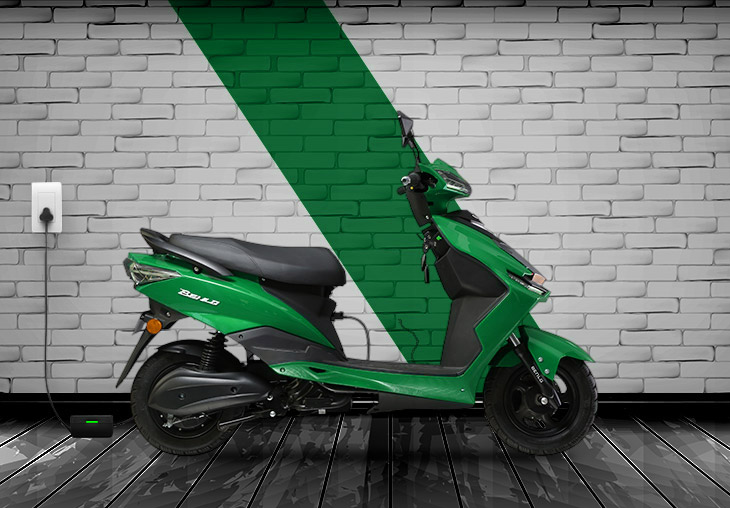A joint venture (JV) between Chinese and Pakistani companies is about to start producing electric 2-wheelers and 3-wheelers (rickshaws) in the country. The partnership is anticipated to improve the local economy by lowering carbon emissions and increasing environmentally friendly transportation options. The move is seen as a boost for the country’s transportation industry.
In order to combine their experience and bring cutting-edge electric mobility solutions to the Pakistani market, Chinese electric vehicle manufacturer Benling Group, Chinese battery producer Dongjin Group, and Pakistani automaker Crown Group established the joint venture in April this year.

In Pakistan, two- and three-wheeled vehicles are frequently used for public transportation and play a crucial role in the country’s mobility ecosystem. By electrifying this segment, the vehicles that will be built here are anticipated to meet the increasing need for environmentally friendly and cost-effective transportation solutions in densely populated urban regions, where air pollution and traffic congestion have grown to be significant concerns. In an interview, Hu Ge, General Manager of Dongjin Pakistan said:
“It is expected that the first batch of materials, batteries, and equipment for the production of electric two-wheelers and three-wheelers will arrive in Pakistan after customs clearance next week. We are excited about the launch of the first batch of electric two-wheelers and three-wheelers manufactured by our joint venture late this month or in early September.”
With the production facility located in an industrial zone near Karachi, the JV partners are dedicated to ensuring that the electric vehicles made in Pakistan adhere to high-quality standards around the world.
Related: 3-Wheel Loaders Eating Share of Suzuki Ravi
The range, performance, environmental impact, and general usability of electric 2- and 3-wheelers are all impacted by their batteries. The outdated technology of local batteries is one of the main obstacles preventing Pakistan from developing such electrified vehicles. In order to deal with Pakistan’s actual road conditions and achieve a 2-year service life, the joint venture specifically designed a battery for Pakistan that is higher than the standard of Chinese electric two- and three-wheelers.

Furthermore, by establishing a supply chain and an after-sales service network, the JV also hopes to give local communities access to employment opportunities. In this regard, Hu Ge said that in the process of cooperation, they will continue to transfer the manufacturing technology of electric two-and three-wheeled vehicles to Pakistan, and progressively achieve localized production while extending partnerships with auto parts manufacturers in the park. Hu concluded:
“We believe that as the production facility gears up for operations, Pakistani consumers can look forward to a new era of clean, efficient, and affordable transportation options. More and more Sino-Pak joint ventures are set to play a pivotal role in shaping the future of urban mobility in Pakistan and setting a positive example for sustainable transportation globally.”

A computer animation professional with over 23 years of industry experience having served in leading organizations, TV channels & production facilities in Pakistan. An avid car enthusiast and petrolhead with an affection to deliver quality content to help shape opinions. Formerly written for PakWheels as well as major publications including Dawn. Founder of CarSpiritPK.com




